Famous Covers That Surpassed The Success Of The Original Song
Before the advent of recorded music, songs had a way of travelling the country to the point that most people who ever heard it heard a cover version. Once an original artist’s music became more widespread, however, it was much easier to compare their versions to how other people sang it.
Although some covers are legendarily good and some are legendarily bad, the best versions of them hardly seem to be covers at all. Sometimes, people really can make a song that they didn’t write their own. These people accomplished exactly that.
Ray Charles – “Georgia On My Mind”
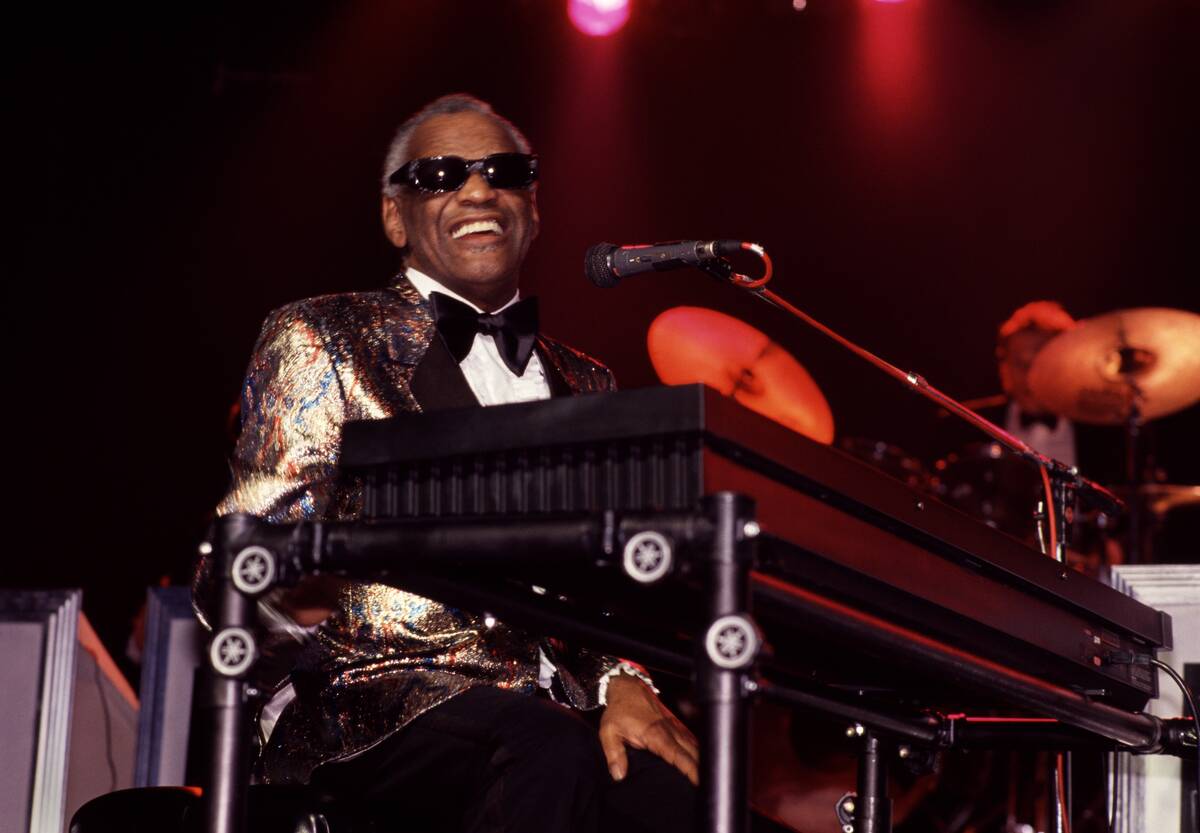
“Georgia On My Mind” was originally written by Hoagy Carmichael and Stuart Gorrell in 1930, with the former recording his own version in that same year. Although Carmichael’s saxophonist, Frankie Trumbauer, suggested writing a song about the state of Georgia, he ended up writing the lyrics about his sister of the same name.
However, Trumbauer’s instincts turned out to be correct, as Ray Charles would end up covering the song in 1960. Not only would his version top the Billboard charts, but it was also adopted as Georgia’s state song, and Charles’s status as a Georgia native recontextualized the lyrics.
Johnny Cash – “Hurt”
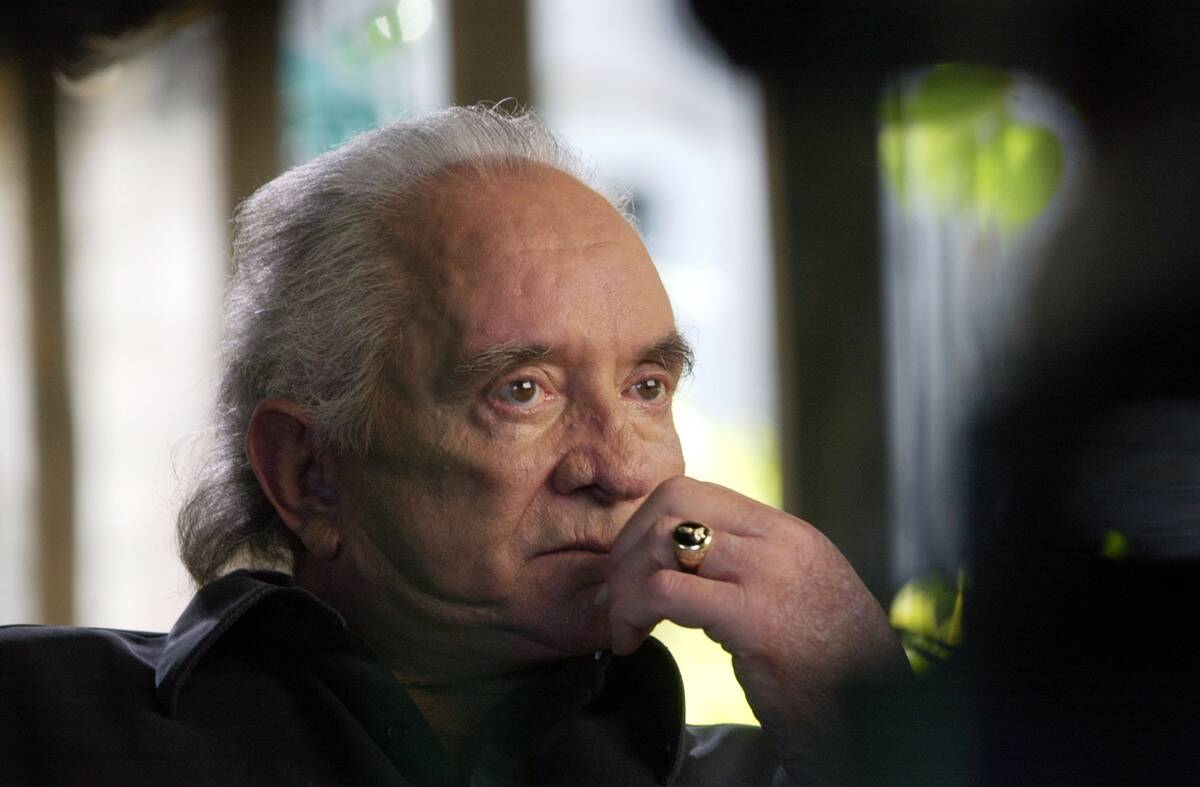
Although Nine Inch Nails are certainly a famous band and The Downward Spiral from 1994 is now considered a classic album, they weren’t a band that charted so highly in their heyday. While Trent Reznor’s moving song, “Hurt,” famously ended the album, it also wasn’t released as a single.
This meant it came as a complete surprise when Johnny Cash covered the song in a gentle but haunting rendition. Indeed, Cash’s version would supplant the original in people’s minds, including that of the original artist. As Rolling Stone Australia reported, Reznor said, “It really, then, wasn’t my song anymore,” after seeing the video for Cash’s version.
The Beatles – “Twist And Shout”
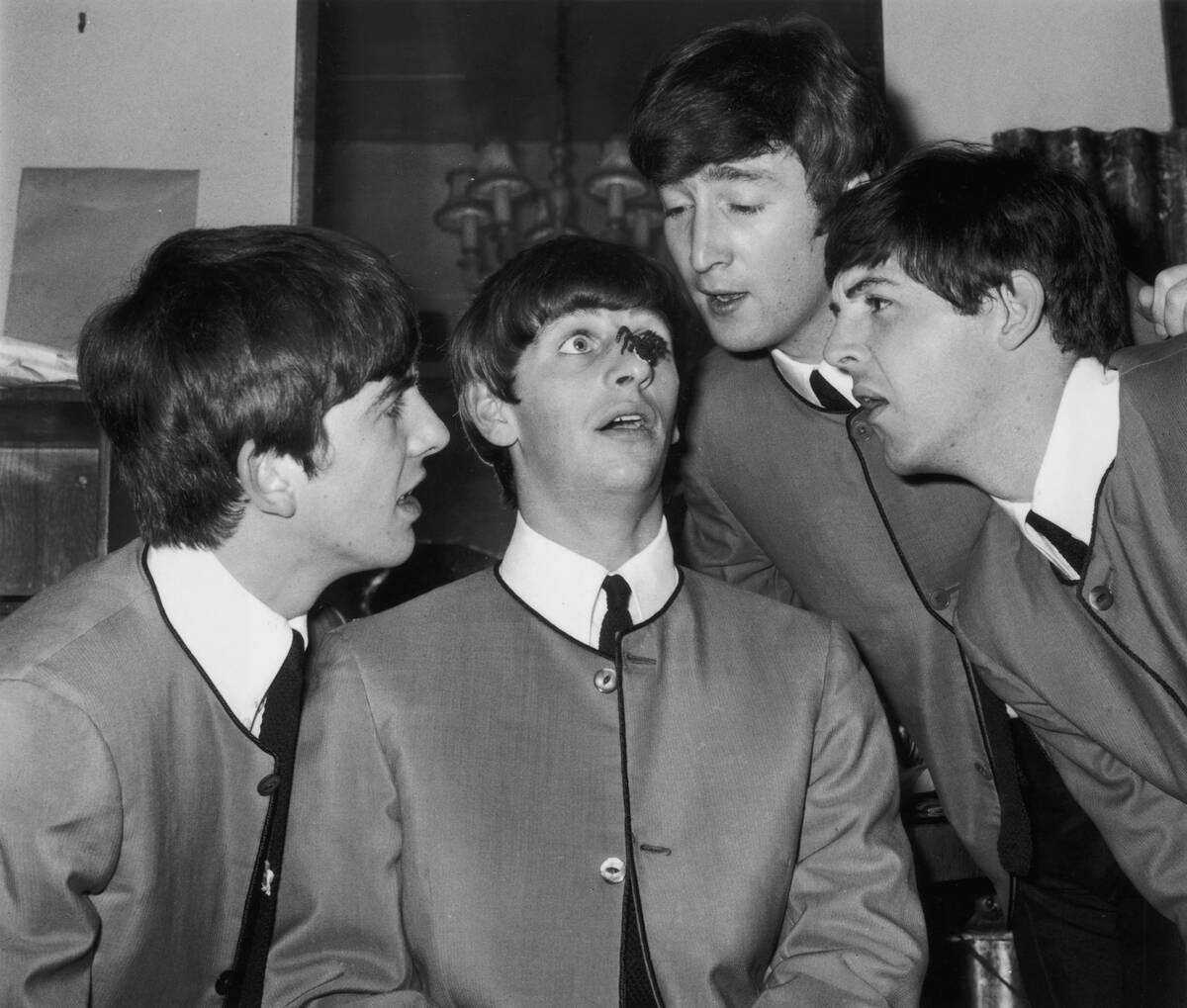
Although the R&B and rock standard wasn’t a hit when it was originally performed by The Top Notes in 1961, The Isley Brothers’ spirited version stood out enough to give the legendary group their first top-20 hit by making it to number 17 on the Billboard Hot 100 in 1962.
However, theirs wouldn’t be the most popular version of the song either. As it turned out, the world-conquering British band The Beatles were just around the corner and one of their first hits would be an iconic wailing version of “Twist And Shout.” This time, it made it to number two in 1964.
Whitey Houston – “I Will Always Love You”
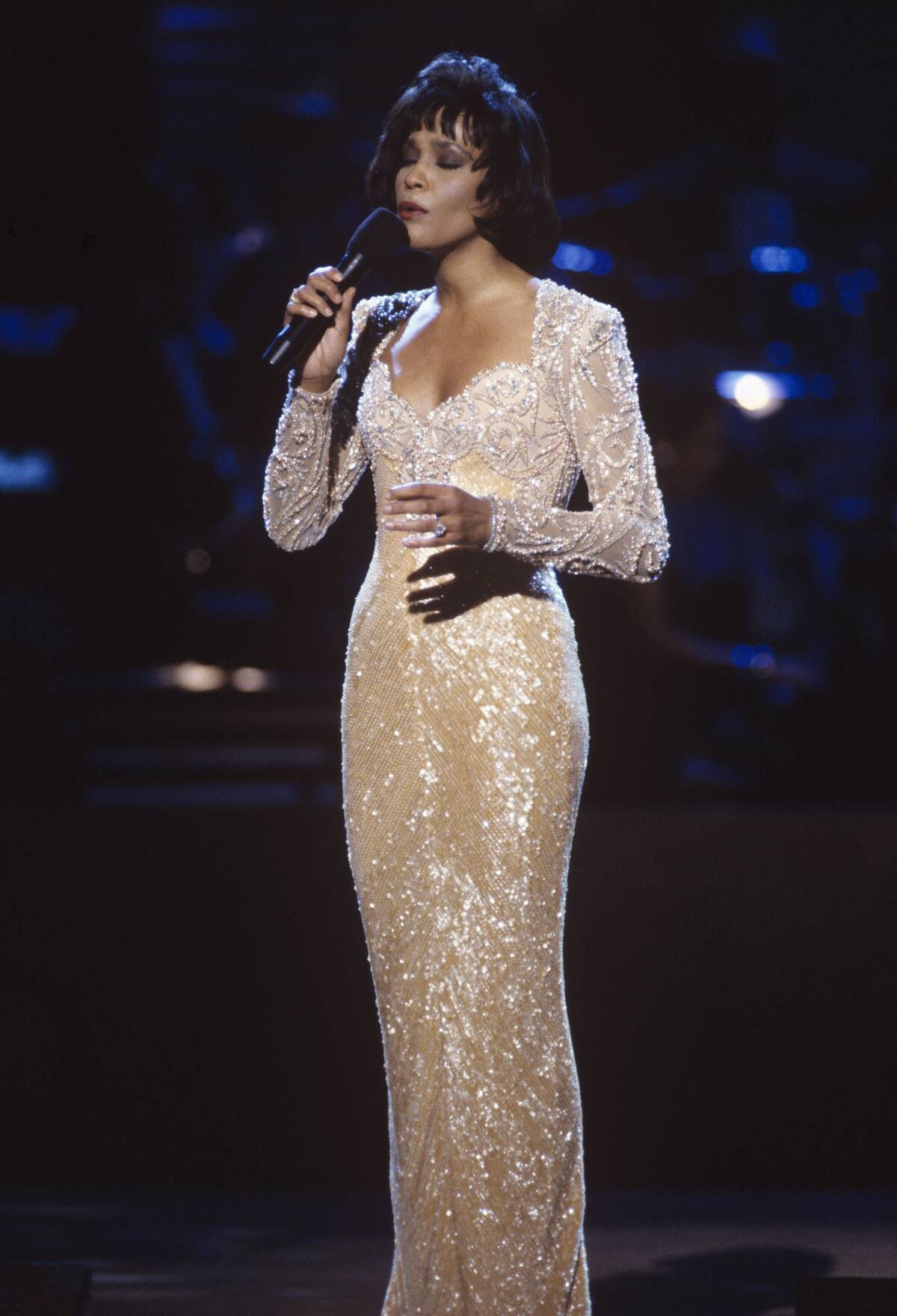
Even before Whitney Houston touched it for the soundtrack of her movie The Bodyguard, “I Will Always Love You” proved a reliable country hit for Dolly Parton. Written as a tribute to Porter Wagoner before Parton parted ways with him to embark on a solo career, she was able to top the country charts with it in 1974 and 1982.
However, Houston’s powerfully belted version turned the song into a global titan, as it topped the singles charts in 23 countries, including the United States. After spending a record-setting 14 weeks atop the Billboard Hot 100 charts between 1992 and 1993, the song also won Houston two Grammy awards.
Aretha Franklin – “Respect”
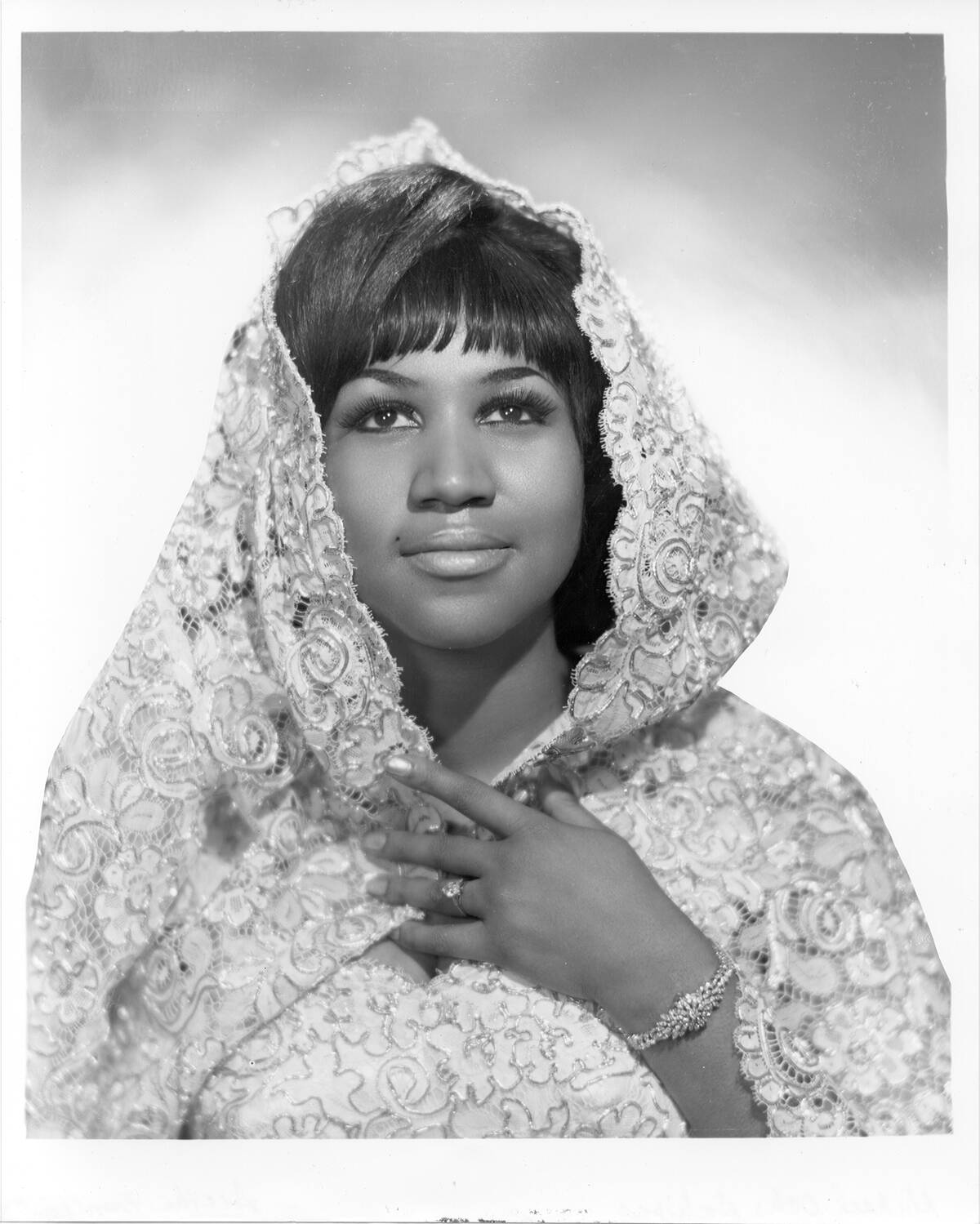
Although it’s all but her signature song, Aretha Franklin neither wrote nor originally performed “Respect.” Instead, Otis Redding found it to be one of his most successful crossover singles after recording it in 1965 and seeing it go to number 35 on the billboard charts.
However, Franklin and her sisters transformed the song into both a bigger hit and a feminist anthem with her 1967 version, which saw Franklin add bridges, catchy ad-libs and altered arrangements. Her version would not only top the Billboard Hot 100 but cement her legend so much as to make it hard to believe that there was a version of this song before hers.
Sinéad O’Connor – “Nothing Compares 2 U”
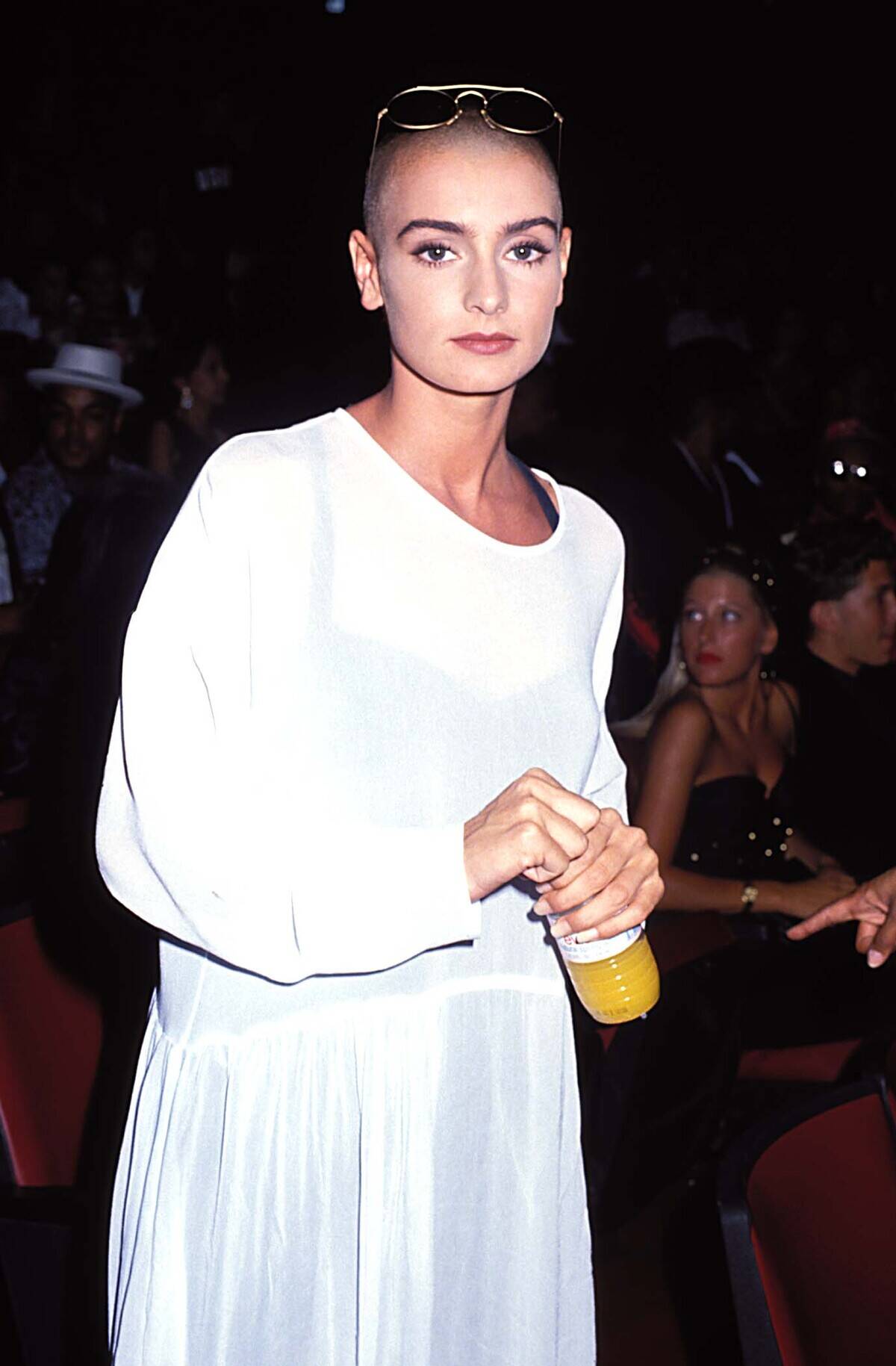
Although her career would soon be marked by controversy and tumult, it started off with her emerging as a prominent figure in the alternative scene who nonetheless attracted legitimate commercial success with her art rock album The Lion And The Cobra from 1987. However, she wouldn’t truly take off until the release of her 1990 album, I Do Not Want What I Haven’t Got.
Improbably, her whirlwind acclaim was powered by a song Prince wrote for a failed band he put together called The Family in 1985. O’Connor’s soulful, heartbreaking rendition of the post-breakup song “Nothing Compares 2 U” proved so moving that it has topped the charts in 19 countries, including in the United States for four weeks.
Creedence Clearwater Revival – “Suzie Q”
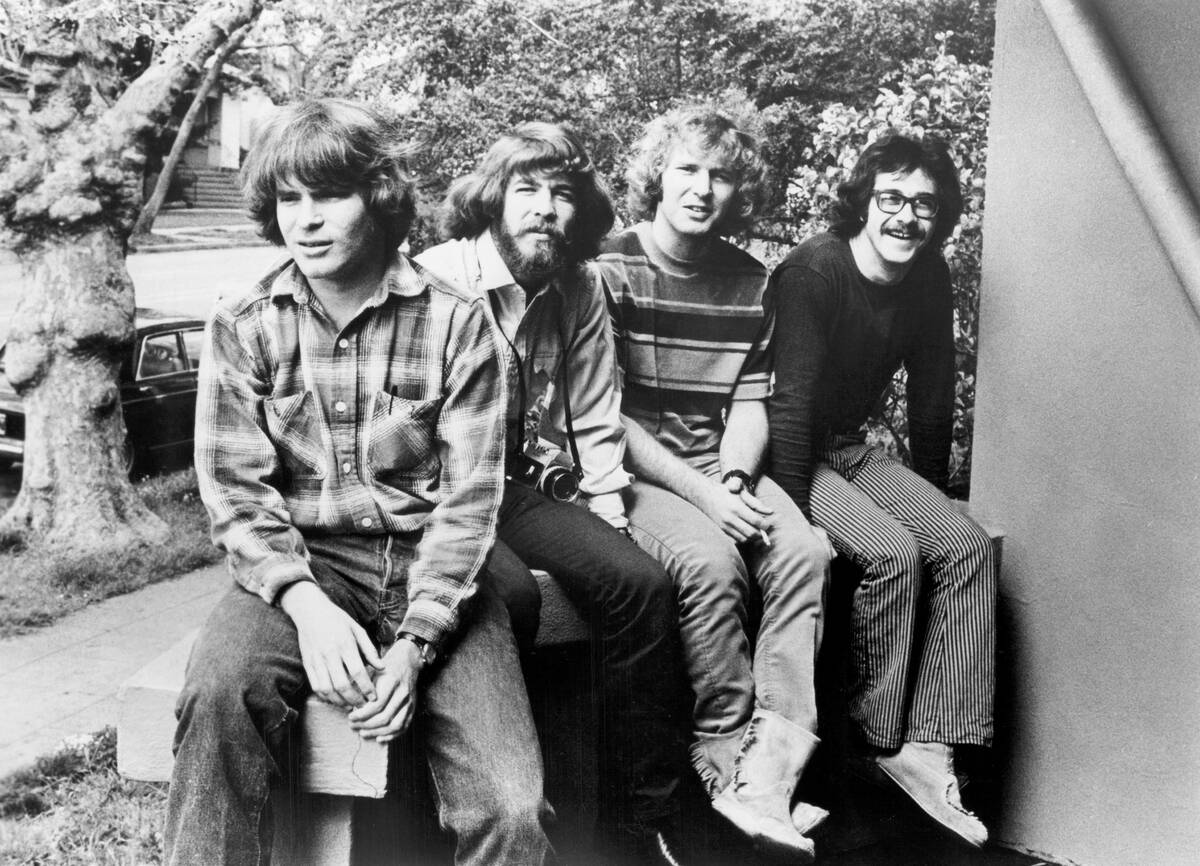
Although Creedence Clearwater Revival would find themselves on the other side of this phenomenon, they were also a band known for making their covers sound as great and fitting to them as John Fogerty’s original compositions.
This was especially true in their wailing rendition of the rockabilly song “Suzie Q,” written and recorded by Dale Hawkins in 1957 after being inspired by Jewel Records boss Stan Lewis’s daughter. Although the original version charted at number 27 on the Billboard Hot 100, the CCR cover version would provide the band with its first hit after it reached number 11 in 1968.
Quiet Riot – “Come On Feel the Noize”
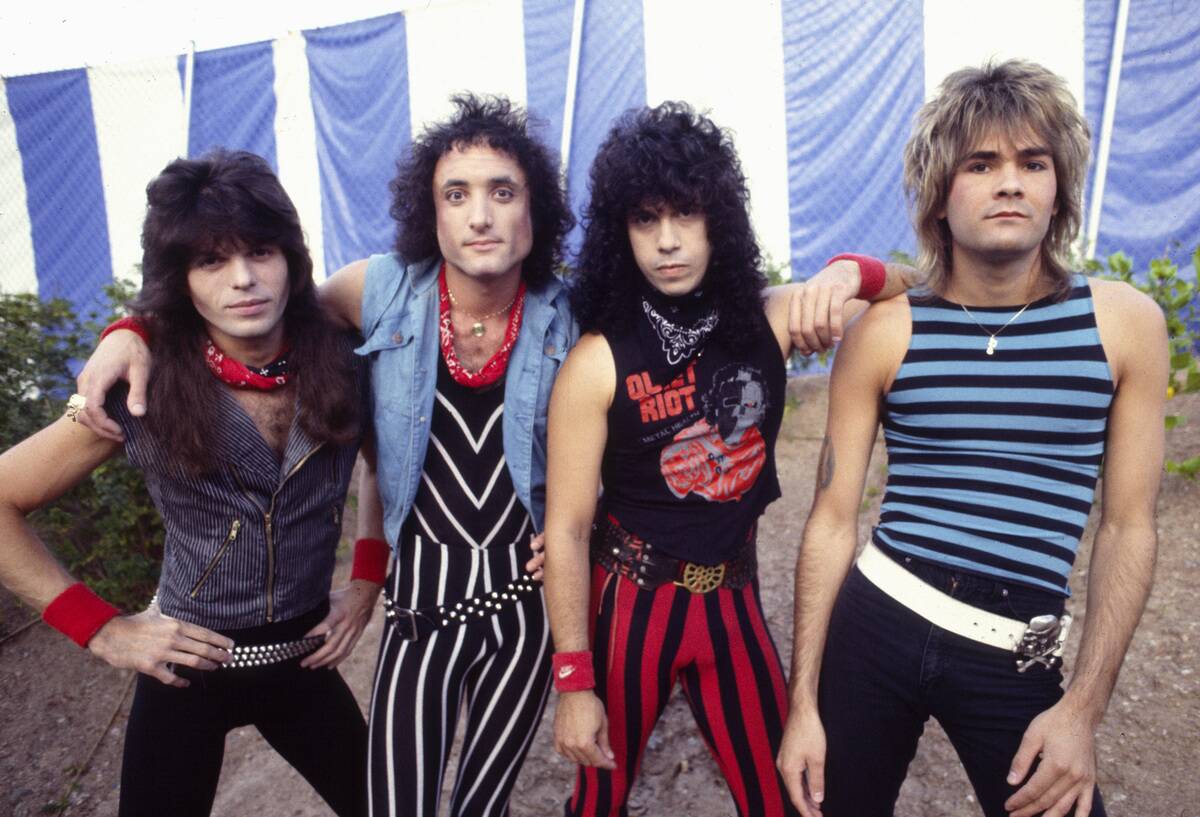
This one is an unusual case, in that the cover of “Come On Feel the Noize” is likely only bigger than the original for those who live in the United States. In the United Kingdom, the opposite is likely true.
Although it fit Slade’s hard-voiced but straightforward classic rock and roll sound when it became a number-one hit for them in their home country after they released it in 1973, Quiet Riot’s 1983 cover had an arguably greater impact. That wasn’t just because it provided the band with its only top-ten hit in America, but because it was proof of the entire metal scene’s commercial viability in the mid-to-late ’80s.
The Jimi Hendrix Experience – “All Along The Watchtower”
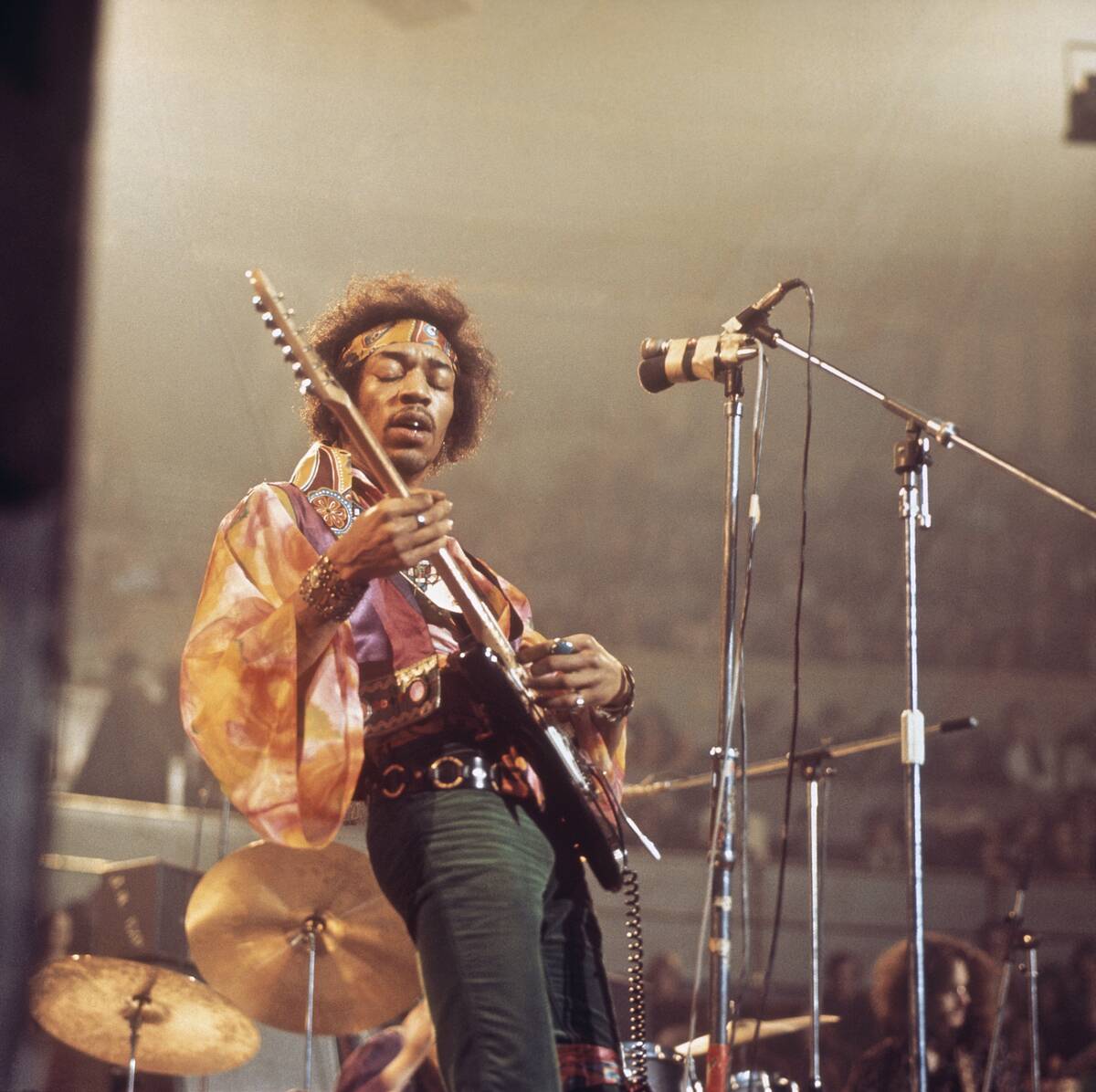
Although Bob Dylan’s lyricism and cleverly-expressed frustrations with his label were strongly praised when he included it on his acclaimed 1967 release John Wesley Harding, The Jimi Hendrix Experience’s version from the following year transformed it into a rock masterpiece.
His exciting, iconic intro firmly enshrined Hendrix’s version in the tumult of the late ’60s, while his melodic, impressive guitar playing worked similar magic on the lyrically dense track that he would later perform while playing the National Anthem at Woodstock in 1969. Tragically, Hendrix’s cover of “All Along The Watchtower” also gave him his only top-40 hit in the United States.
Elvis Presley – “Hound Dog”
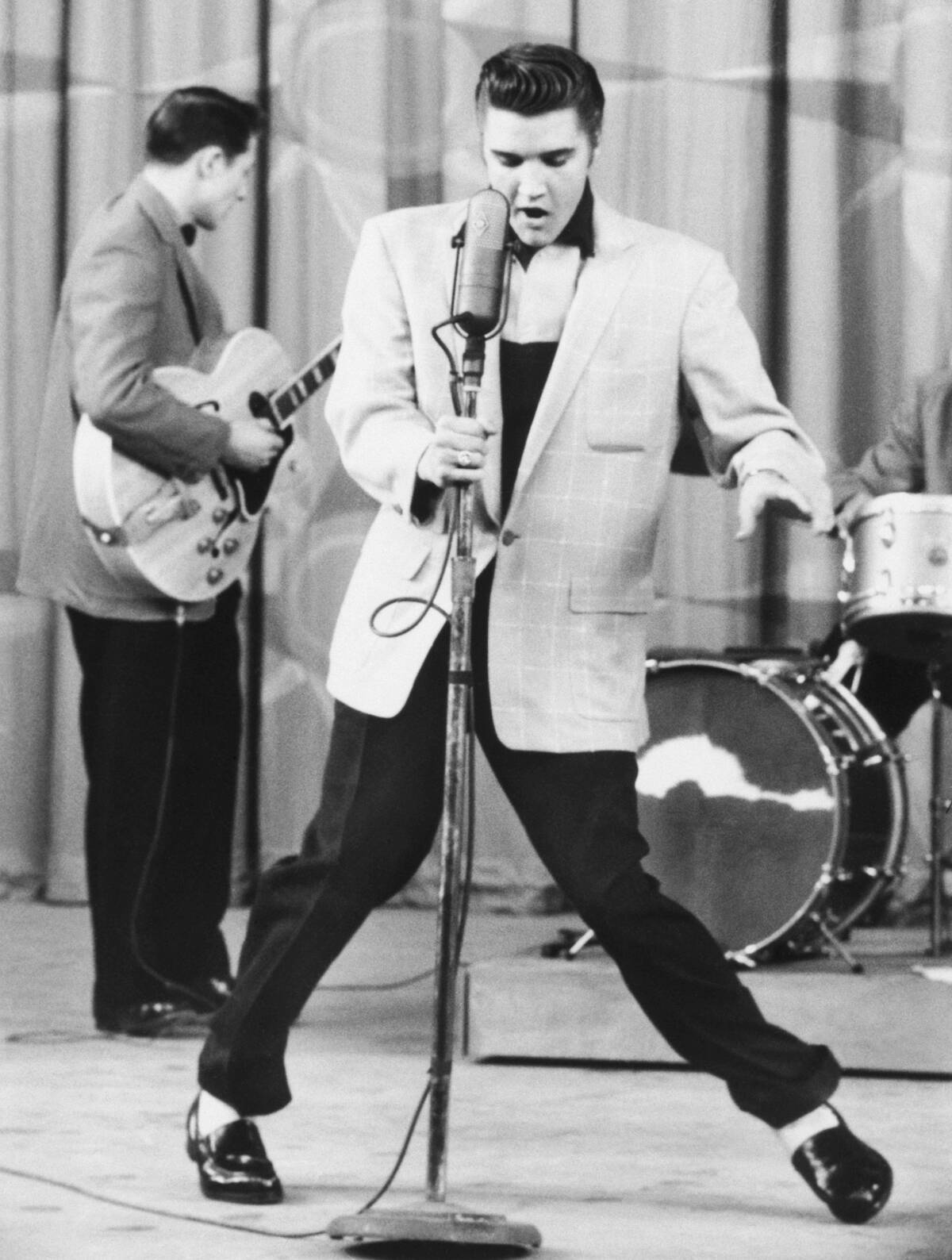
Although Elvis Presley had already found success by the time he covered Big Mama Thornton’s 1953 blues song, “Hound Dog,” his version from 1956 was considered a watershed moment for the rock and roll revolution that would grip the United States throughout the ’50s.
According to ABC News, the King’s version of “Hound Dog” supplanting the original in popularity was clear from the very beginning, as it topped the Billboard Hot 100 for a then-record 11 weeks. Naturally, it was unseated by one of Elvis’s other recordings — “Love Me Tender,” in this case — once its reign finally ended.
Led Zeppelin – “When The Levee Breaks”
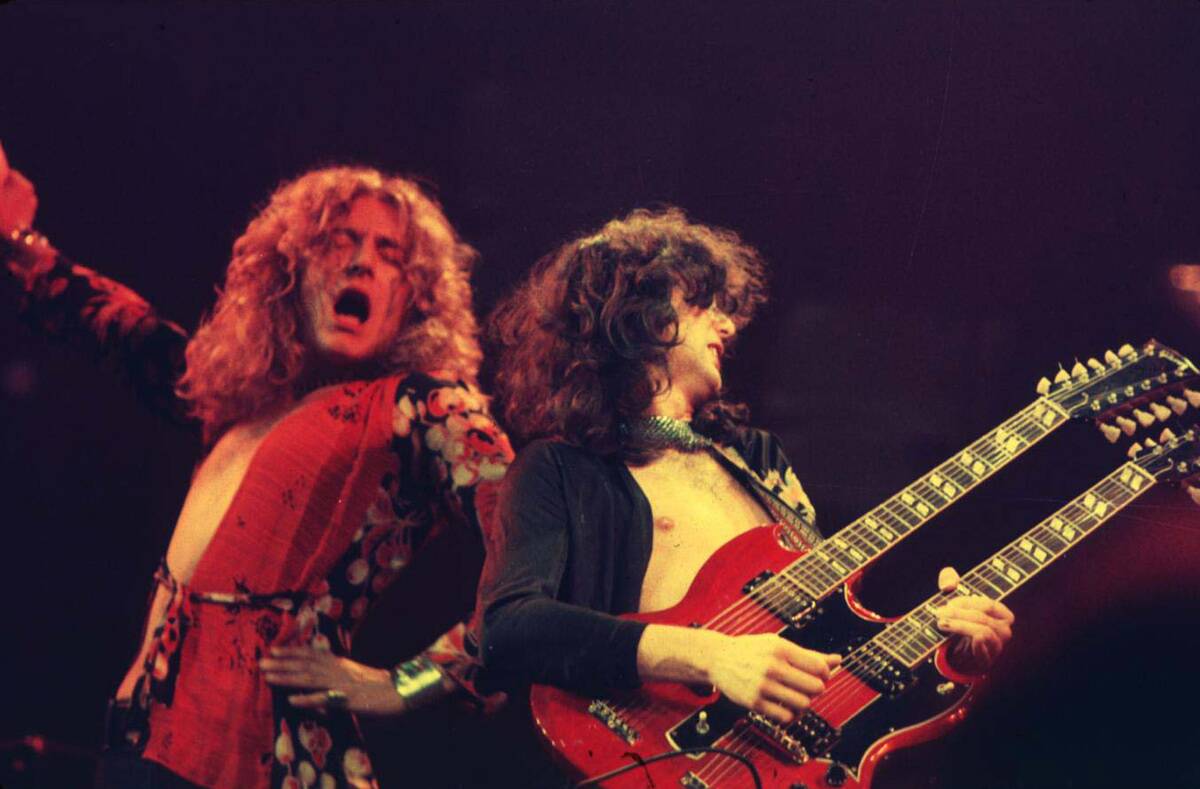
Led Zeppelin were known to take inspiration — and often more than just that — from American blues musicians, and that was particularly evident in what they chose as the epic closer for their legendary 1971 album, Led Zeppelin IV.
Although Jon Bonham’s impactful drumming and Jimmy Page’s instantly recognizable guitar riff set this version apart from the 1929 original, “When The Levee Breaks” retained its lyrical meat from the country/blues song by Memphis Minnie and Kansas Joe McCoy. The duo wrote it in response to the Great Mississippi Flood of 1927.
Cyndi Lauper – “Girls Just Want to Have Fun”
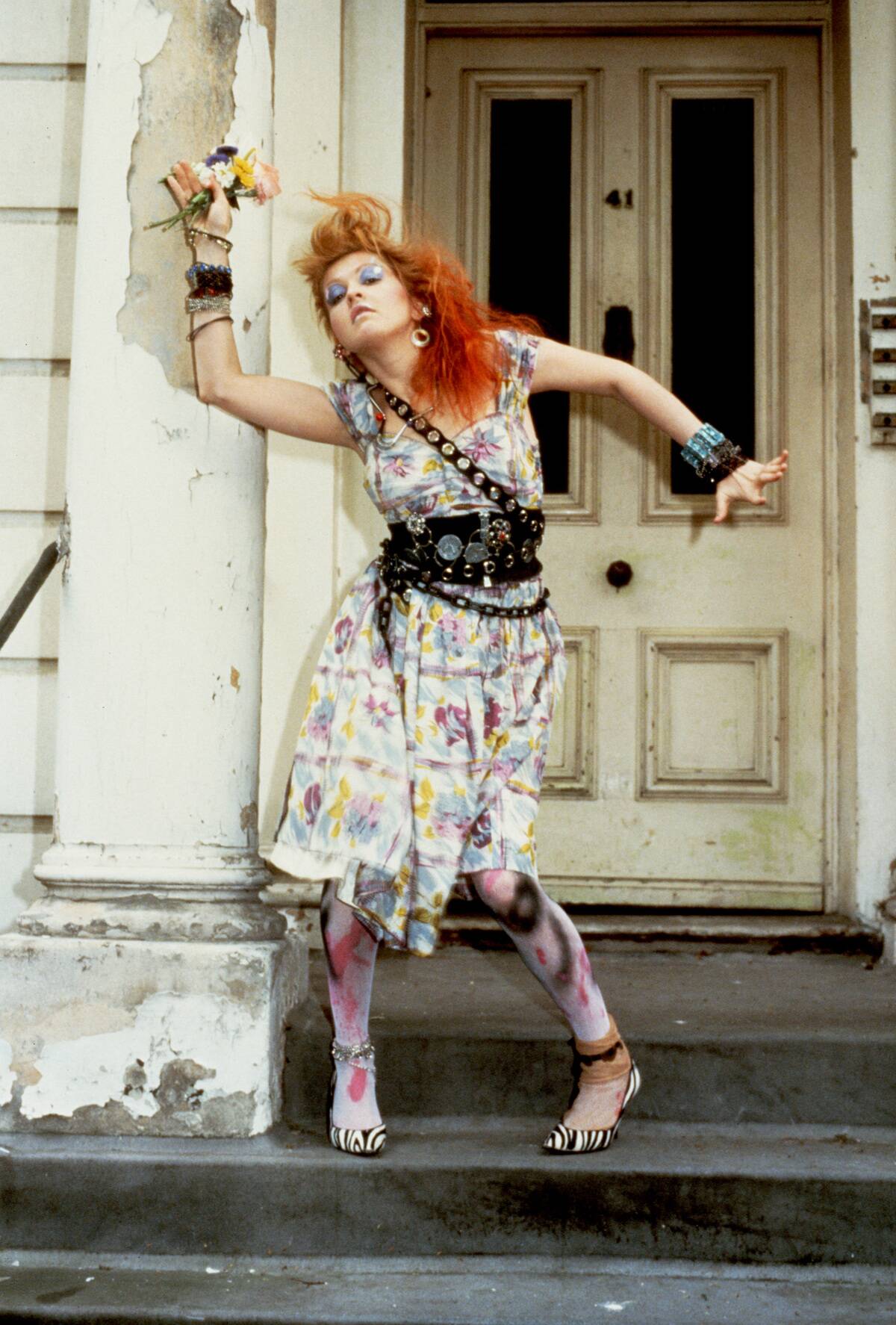
Although it may seem baffling that Cyndi Lauper’s signature hit is a cover, she claimed its legacy in a similar fashion to Aretha Franklin. In other words, Lauper approached a male writer’s words from a woman’s perspective, thus creating a feminist anthem in the process.
According to The Independent, the song’s original writer, Robert Hazard, meant the song as little more than a frivolity when he recorded a demo version in 1979. However, after Lauper was permitted to edit the lyrics, she and the music video she rode in on turned “Girls Just Want To Have Fun” into an international hit that made it to number two on the Billboard hot 100 in 1984.
Ike And Tina Turner – “Proud Mary”
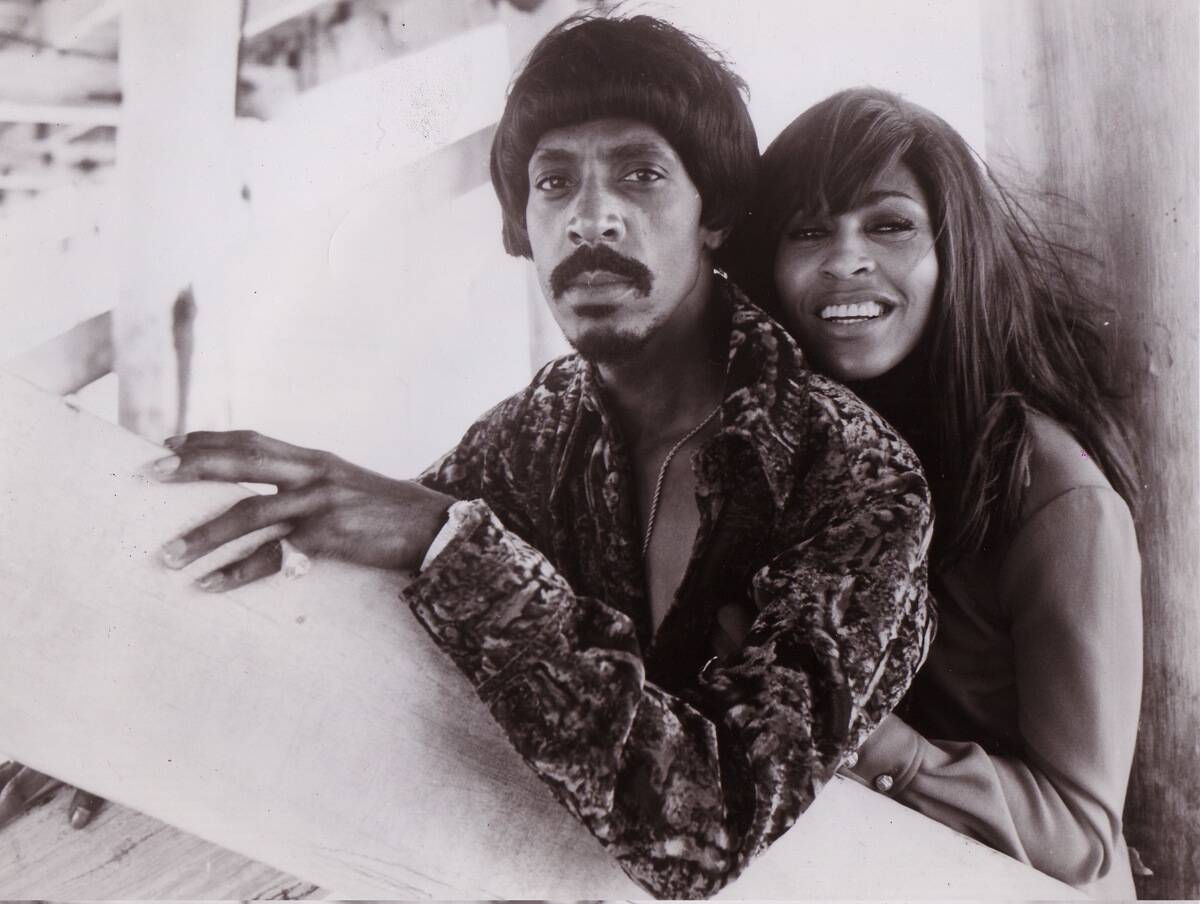
Although “Proud Mary” has since seemed like it firmly belonged to Ike and Tina Turner when the then-married duo released it in 1971, it would only be a couple of years after Creedence Clearwater Revival’s original version was released in 1969.
Technically, it wouldn’t have seemed like a bigger version at the time, as the Turners’ version reached number four on the Billboard Hot 100, while the CCR original reached number two. However, Ike and Tina Turner’s rendition was nonetheless considered so revolutionary and impressive that it netted the duo a Grammy Award for Best R&B Vocal Performance by a Group in 1972.
Nirvana – “The Man Who Sold The World”
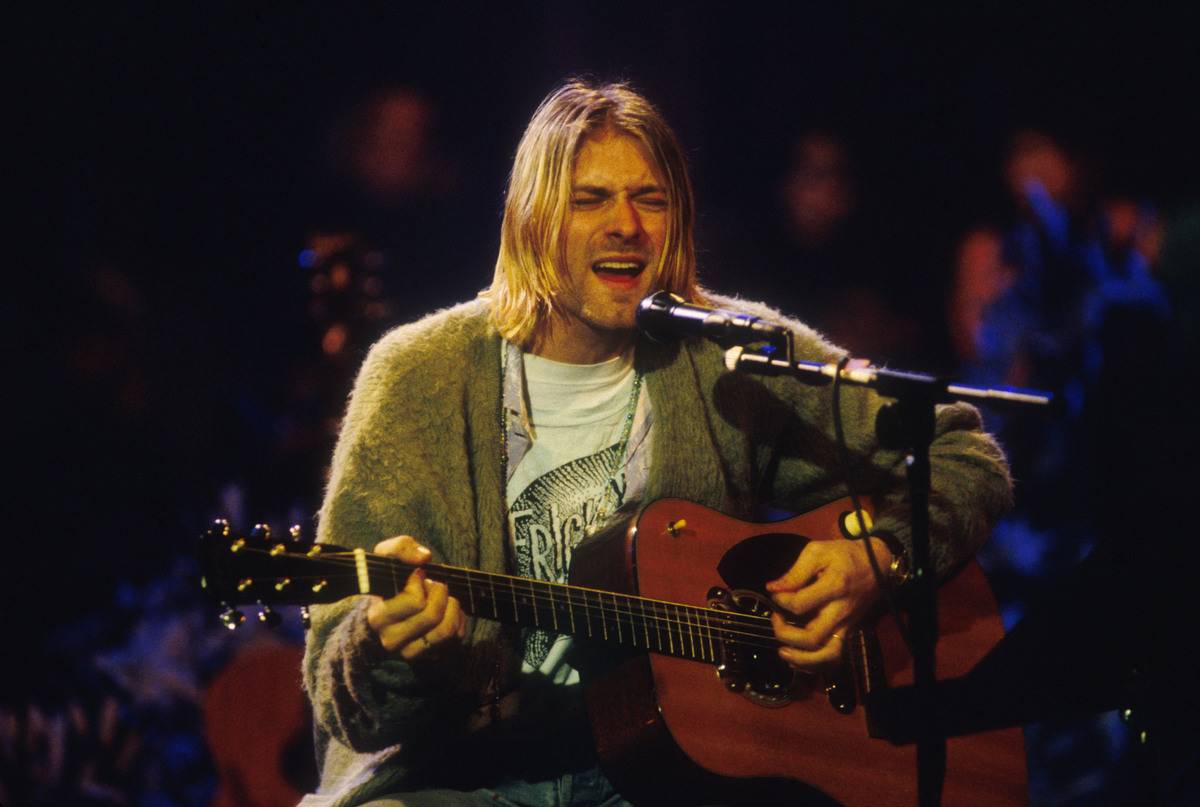
While it’s normally useful to measure how much bigger a cover is than its original song by chart success, that isn’t possible in this case because neither version of “The Man Who Sold The World” charted. Instead, it’s perhaps better to consider what moment the cover was a part of.
Although “The Man Who Sold The World” is now regarded as a respected part of David Bowie’s legacy, it wasn’t even released as a single when it was the title track of his third album from 1970. Meanwhile, Nirvana’s honest, quietly heartfelt version was a signature moment of the band’s legendary MTV Unplugged performance in New York City.
Joe Cocker – “With A Little Help From My Friends”
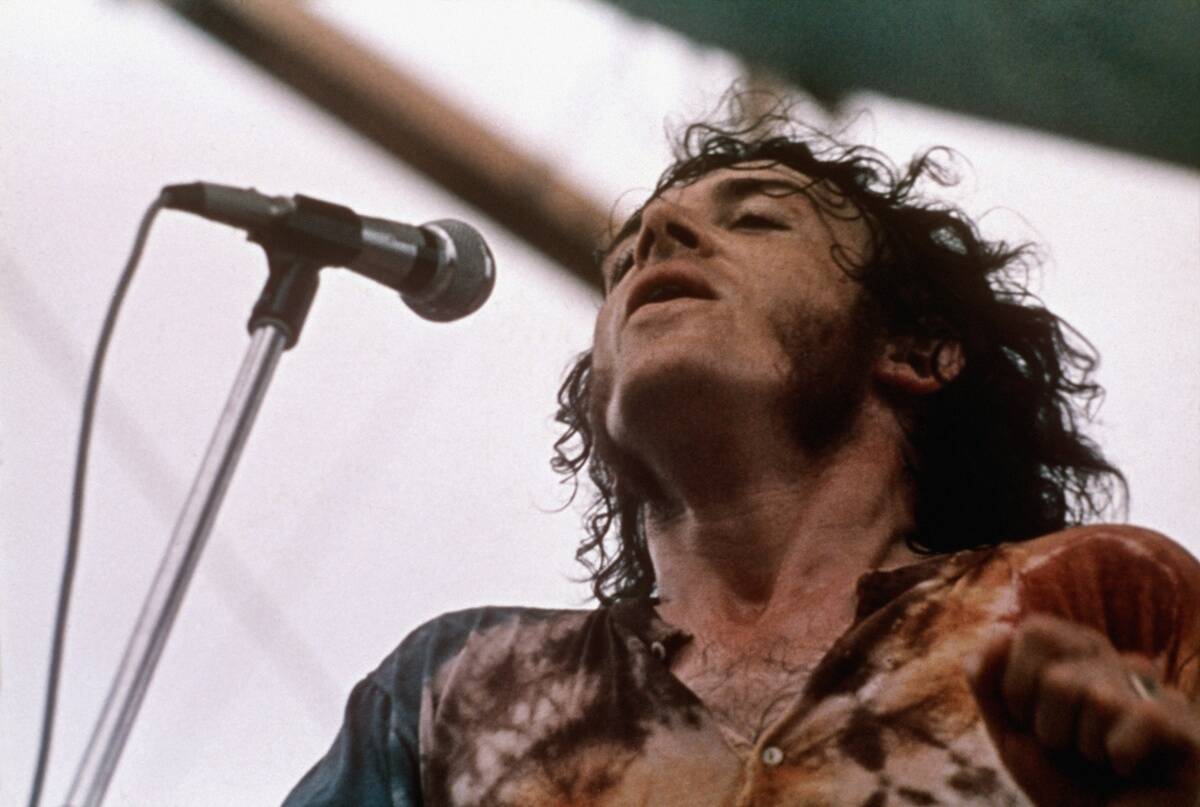
Although it’s on their all-time classic album, Sgt. Pepper’s Lonely Hearts Club Band, “With A Little Help From My Friends” is considered a fairly low-key and charming ditty with an unassuming quality that made it perfect for Ringo Starr’s limited voice.
However, Joe Cocker famously turned this little ditty into a blaring, wailing epic during his unforgettable rendition at the legendary Woodstock music festival from 1969. Although the Beatles had a large collection of successful singles, this song wasn’t released as one so only Cocker’s version charted.



